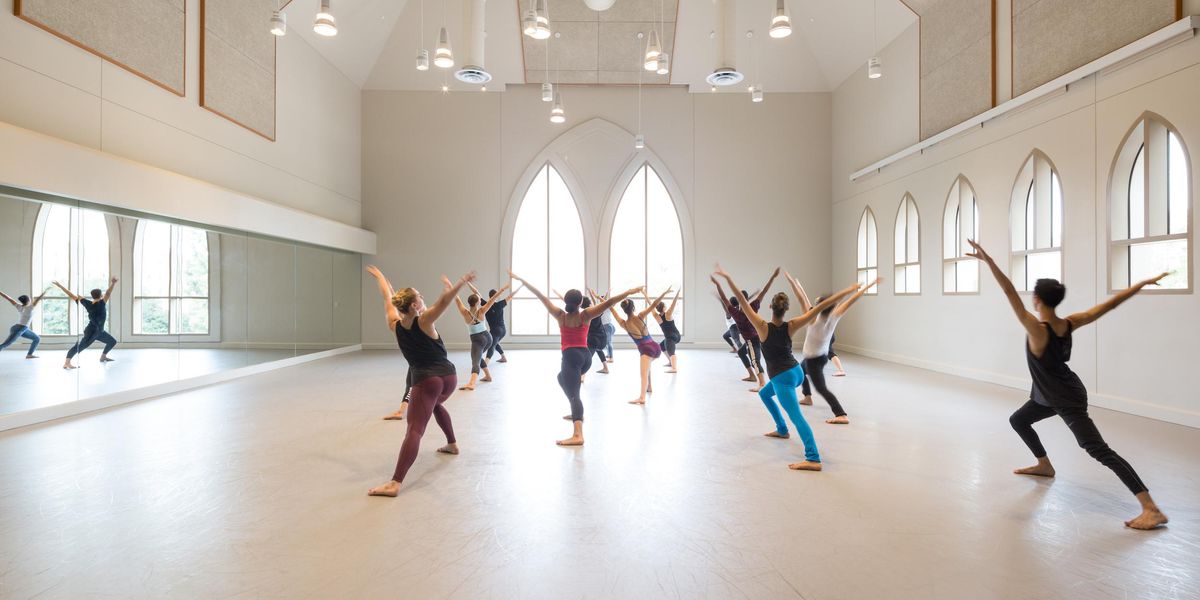Do Bad Reviews Say More About the Reviewer?
Yesterday I came across a tweet from Royal Ballet principal Edward Watson that I haven’t been able to stop thinking about:
“If he has to diminish you in order to make himself sensational, that speaks volumes about his own insecurities and lack of professionalism.”
In a subsequent tweet, Watson clarified that it was a quote from a “very wise and brilliant friend.”
Watson and Whelan, photo by Tristram Kenton for the Guardian
Although he didn’t say so explicitly, it’s likely that this tweet came in response to a review of Watson’s recent performance in “Whelan/Watson: Other Stories,” a new program of duets with Wendy Whelan that premiered at Covent Garden last weekend. The general response seemed to be that Whelan and Watson were gorgeous, while the choreography was mediocre. However, one New York Times review clobbered Watson, describing him as a “problematic, weak performer” as well as “freakish and overwrought,” among other scathing judgments.
To me, Edward Watson is a rare, extraordinary artist who is such an incredible performer I never imagined him having insecurities. In my mind, he is in that league of invulnerable superstars who would seem to be above the need for others’ approval. So I was kind of shocked to see that he felt he had to defend himself against criticism. But even the greatest dancers can have delicate egos. Reading a review that goes on and on about your perceived faults can be an incredibly painful experience for anyone, no matter how many accolades you’ve gotten in the past.
Earlier this week I got an email from a small ballet company that was also given a harsh review in The New York Times. They reacted by sending out a blast to all of their contacts, defending their show and lambasting the NY Times for its “ignorance” and “uneducated critics.” Which, of course prompted me (and I’m sure several others who got the email) to read the review. It actually wasn’t all that scathing, aside from a few snarky comments. Mostly, it made me wonder why the company’s publicist hadn’t warned the directors out of sending out such an impulsive email.
But when reviews, however cleverly they are written, come across as personal attacks, they can hit so hard it feels impossible to keep your mouth shut. Whether taking to Twitter or emailing everyone you know, having your voice heard can take away a bit of the sting.
Most dancers I know don’t perform for the reviews. Yet the things critics write can stick with you for your whole career. Some people will tell you to just avoid reading reviews entirely, but that can be hard to do when public appraisals of your work are just a Google search away. Maybe the best approach is to follow the wisdom of Watson’s friend: Realize that critics are also fallible, and have their own insecurities. Reviews are there to help contextualize a performance, and engage with the work intellectually. But critics are fighting for readers—harder than ever before as mainstream publications cut or eliminate dance coverage—and sometimes when writers get downright nasty, they’re just trying to be witty or interesting or get attention.
It’s also worth reminding yourself that even Edward Watson gets bad reviews sometimes, and he isn’t afraid to admit that they hurt.





